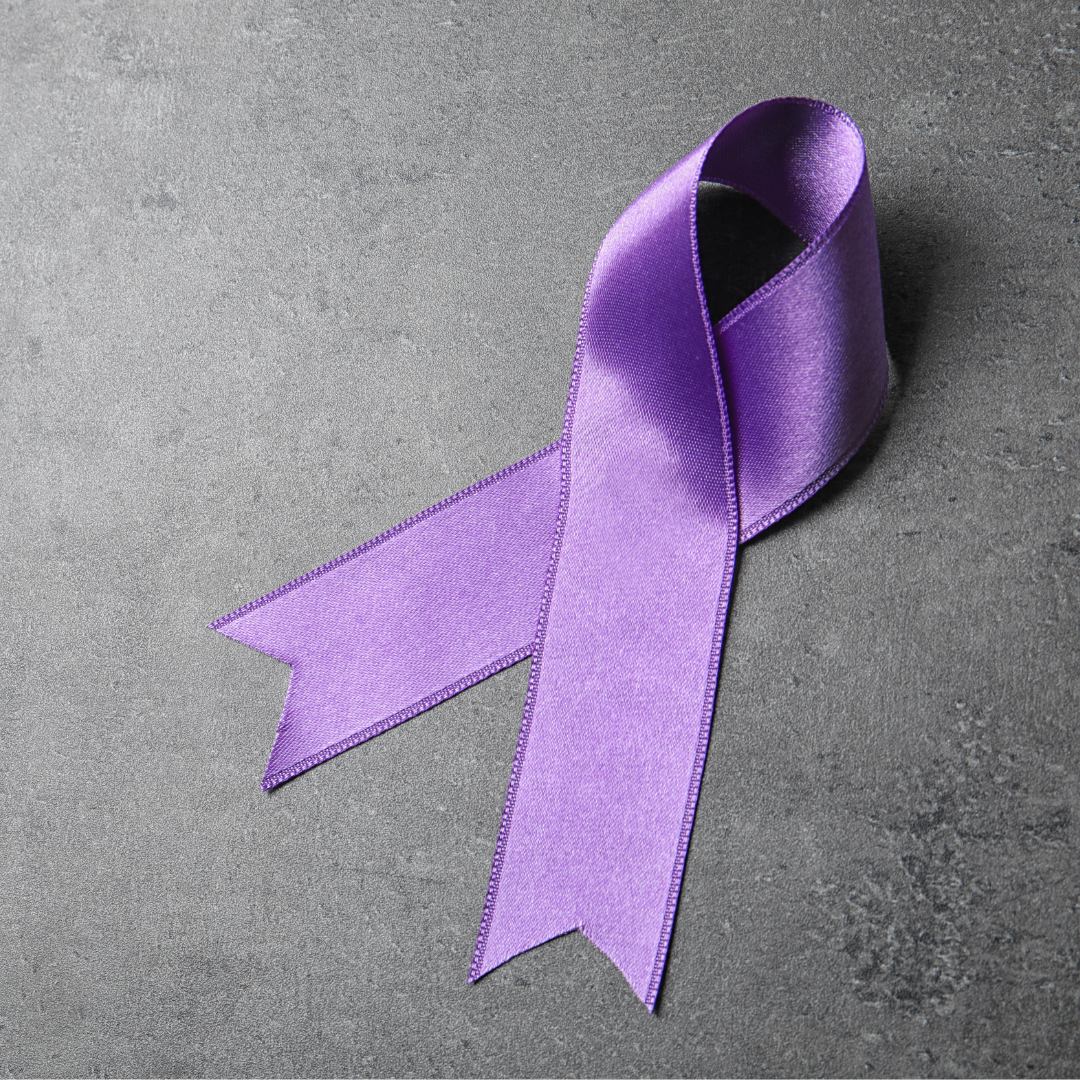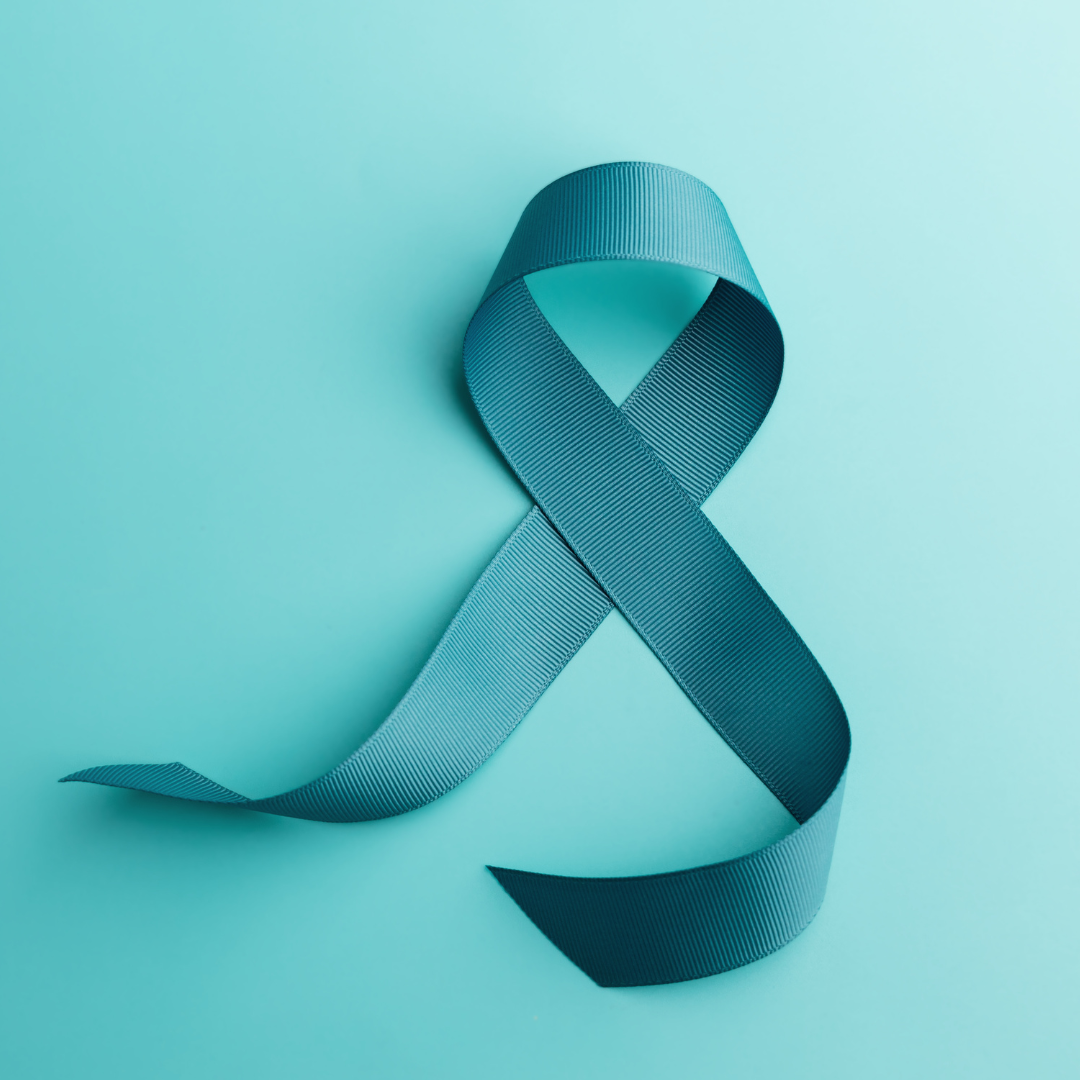Sexual Violence
"Sexual violence" is a term that refers to a spectrum of unwanted contact - including harassment, stalking, sexual assault, and rape. This includes behaviors that may take place between people who know each other, or have a current or previous relationship.
Nationally...
Sexual violence disporportionately affects different groups and indentities - Women and transgender people, as well racial and ethnic minority groups, experience higher rates of sexual violence.
In College...
13% of all students experience rape or sexual assault through physcial force, violence, or incapacitation (among all graduate and undergraduate students).
Alcohol & Sexual Assault...
Research has consistently found that at least half - and as many as 75% - of campus sexual assaults involve the consumption of alcogol by the victim and/or the perpetrator.
Alcohol & Consent:
Affirmative Consent
Knowing, voluntary, and mutual decision among all participants to engage in sexual activity. Silence or lack of resistance, in and of itself, does not demonstrate consent.
Consent cannot be given by someone who is incapacitated. If someone is asleep, passed out, or itoxicated they cannot consent. A person who is so drunk that they couldn't drive a car is probably too drunk to make a conscious, informed decision to have sex.
Consent is all about communication, it’s not about checking a box but about connecting with another person - consent CARES!
- Communicated continuously - checking in as things progress to be sure everyone is comfortable with what’s happening.
- Affirmative - looking for the active presence of a YES, not just the absence of a NO.
- Reversible - someone can change their mind and stop the action, even in the middle of things.
- Enthusiastic - actively demonstrating, verbally & non-verbally, eagerness to participate.
- Self-determined - everyone has a right to their autonomy, using force, threats, coercion, intimidation, manipulation or “wearing someone down” is not consent!
Asking for what we want can seem awkward, but embracing the awkward to clarify our expectations & limits ensures that everyone’s consenting & having a good time!
Impacts and Reactions
Regardless of how it happens, or who it happens to, sexual violence can create a range of impacts. Cultural attitudes or beliefs, prior victimization, and the context of the experience in the survivor’s life, can all shape those reactions, but each individual reacts to sexual violence in their own unique way.
Common reactions include:
- Fear, anxiety and/or depression
- Guilt, shame or self-blame
- Numb or flat emotions
- Insomnia/sleep disturbance
- Inability to focus or concentrate
- Fear of leaving a safe place
- A sense of isolation
How to support a friend
Not everyone who experiences sexual violence wants to talk about it. Some people express their emotions while others prefer to keep their feelings inside; some may tell others right away what happened, others will wait weeks, months, or even years before discussing the assault or abuse, if they ever choose to do so. It is important to respect each person’s choices and style of coping with their experience - how friends respond to hearing about someone’s assault or abuse has a huge impact on how they recover from violence.
- Don’t judge, blame, or make assumptions
- Don’t probe or pressure to report or take other actions
- Stay calm and meet the person where they are emotionally
- Ask how you can help
- Know the resources
Coping & Connection Survivor Support Space
A non-clinical, drop-in space for those who have experienced sexual and/or relationship violence, hosted by CPO staff. Coping & Connection provides an opportunity to connect with others to learn about common impacts of violence, as well as strategies survivors can use for coping and self-care, and explore on and off campus resources for support.
Friends and allies can also use the Coping and Connection space as an opportunity to learn more about how they can support those who have experienced violence.
The Survivor Support Space is held weekly on Thursdays at 1pm in the CPO office (Union 108) throughout the fall and spring semesters. For more information, email survivor_advocate@stonybrook.edu .
Looking For Support
If you’re looking for assistance regarding sexual violence, know that we have these
resources available to you. All seawolves can utilize TimelyCare’s TalkNow is our on-demand, virtual access to speak with a counselor anytime, day or
night. You can also call the CAPS Crisis Line 24/7at (631) 632-6720. If you experiencing an emergency please call Stony Brook UPD at 631-632-3333 or 911.
For more local and national organizations, please click here to learn more.


